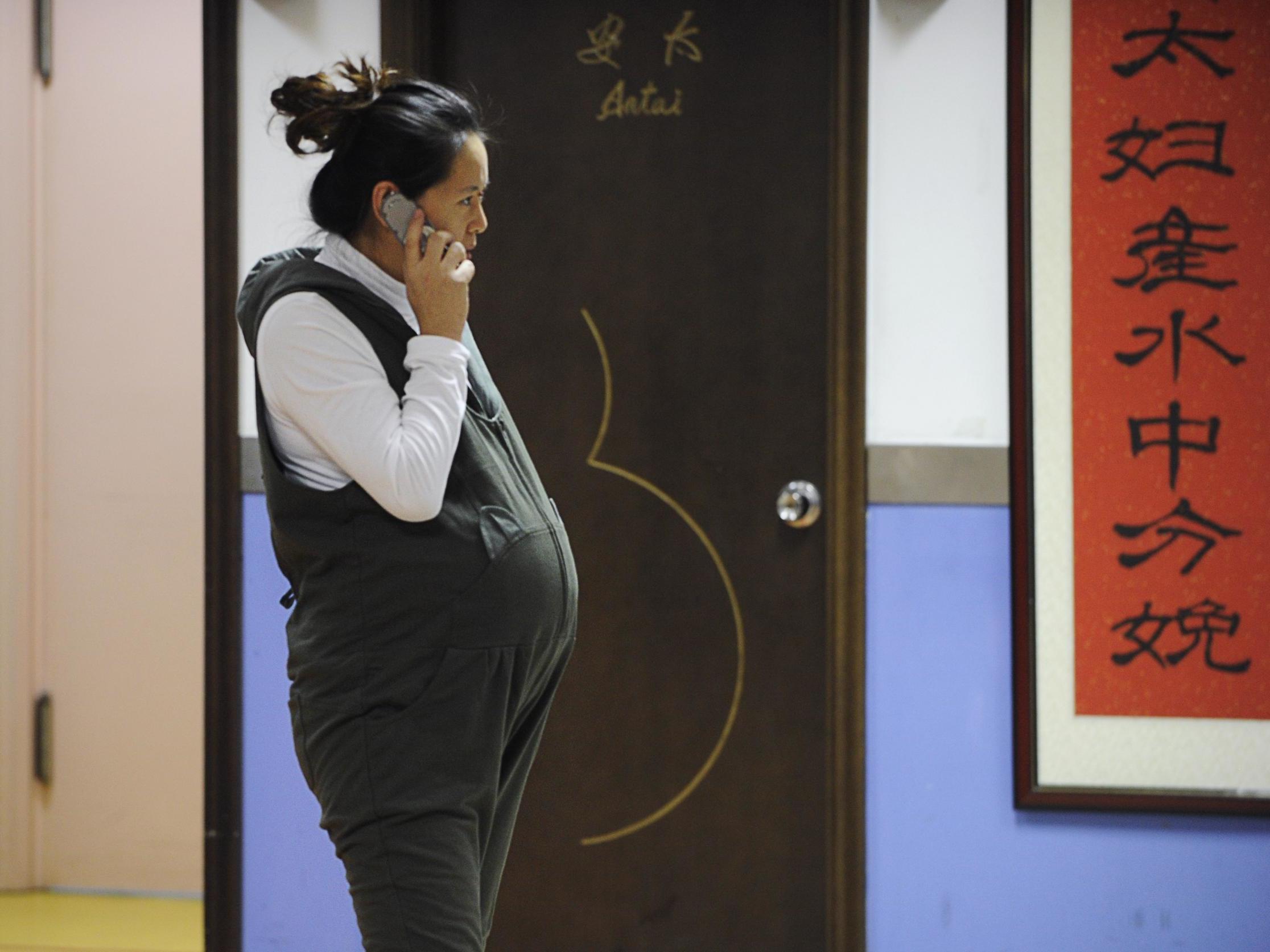Chinese database detailing ‘breedready’ status of millions of women discovered by researcher
Public cache of information includes phone numbers, addresses and ages of millions of women

A Chinese database listing the name, phone numbers and addresses of 1.8 million women including those with a “breedready” status has been uncovered by a Dutch researcher.
Victor Gevers, an internet expert from the non-profit group GDI Foundation, found the insecure data cache while searching for open databases in China.
As well as indicating whether the women were of child-bearing age, the database also included information labelled in English for sex, age, education, marital status.
The average age of women in the database was 32, with the youngest being 15, he said. Nearly 90 per cent of included entries were described single and 82 per cent were listed as living in Beijing.
Sharing a series of screenshots of the public database on Twitter, Mr Gevers suggested it could be could be linked to China’s falling birth rate. Many couples are reluctant to have children due to high property prices and soaring healthcare and education costs.
He expressed his concerns about how far the government is willing to go to influence women to reproduce.
Mr Gevers told The Guardian: “More than this, we don’t have at the moment. Our primary concern is that it gets secured asap.”
The investigator said he had started contacting some of those whose profile pages were linked to shed light on some of the information.
However, some people have suggested the cache could be a database for an online dating site.
“All single ... Must be a dating site like Jiayuan.com,” one person noted.
His discovery comes weeks after China's statistics bureau revealed that China’s birth rate had fallen to its lowest level in decades.
It stood at 10.94 per thousand in 2018, compared to 12.43 per thousand in 2017, meaning 2 million fewer babies were born in China last year. This was the lowest it has been since records began.
With life expectancy increasing, almost a quarter of the country’s population is expected to be over the age of 65 by 2040. Experts warned the population could “fall drastically” in the future without efforts to increase fertility.

“The year 2018 will be remembered as a historical turning point for Chinese population,” a new paper by researcher Dr Yi and Peking University economist Su Jian said.
“The Chinese population has started to fall, the ageing problems have accelerated, and economic vitality has weakened,” they said.
Join our commenting forum
Join thought-provoking conversations, follow other Independent readers and see their replies
Comments
Bookmark popover
Removed from bookmarks